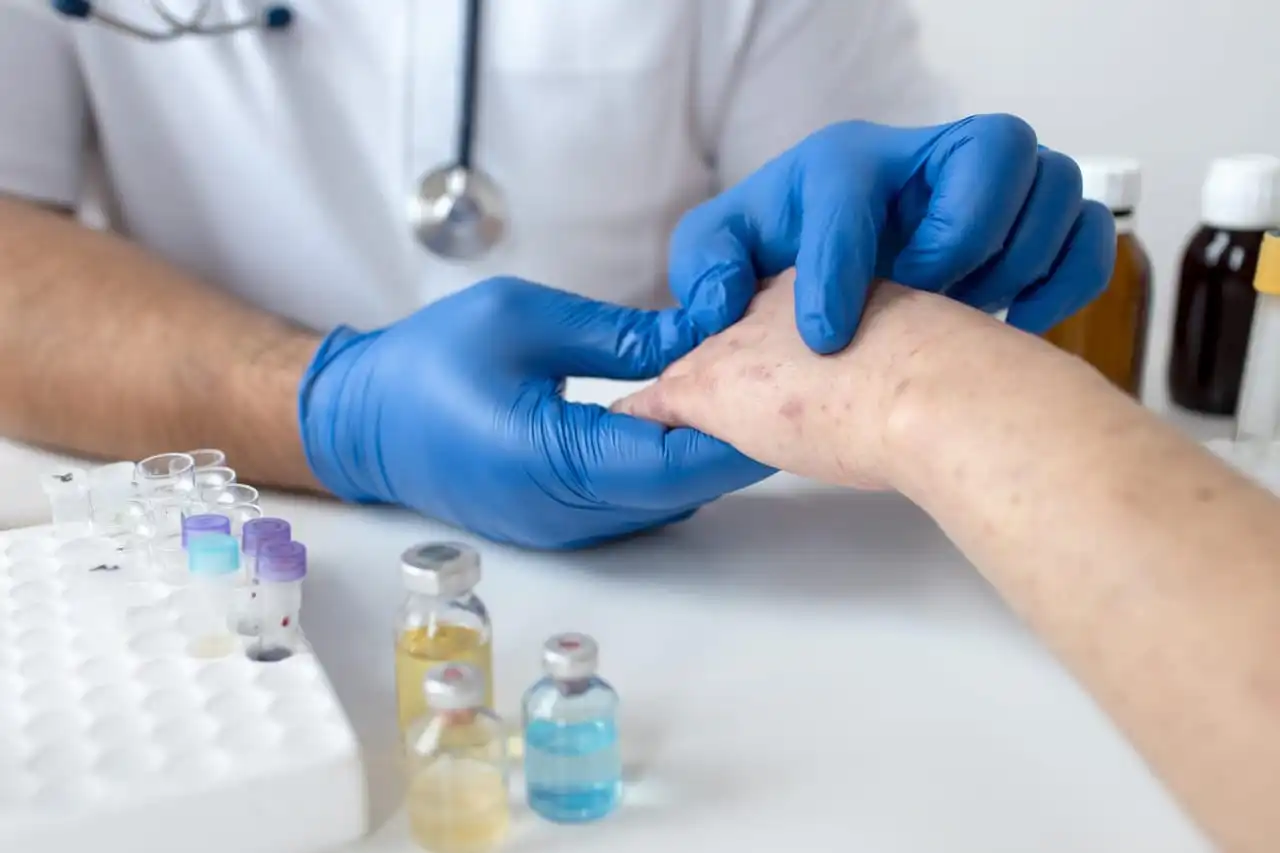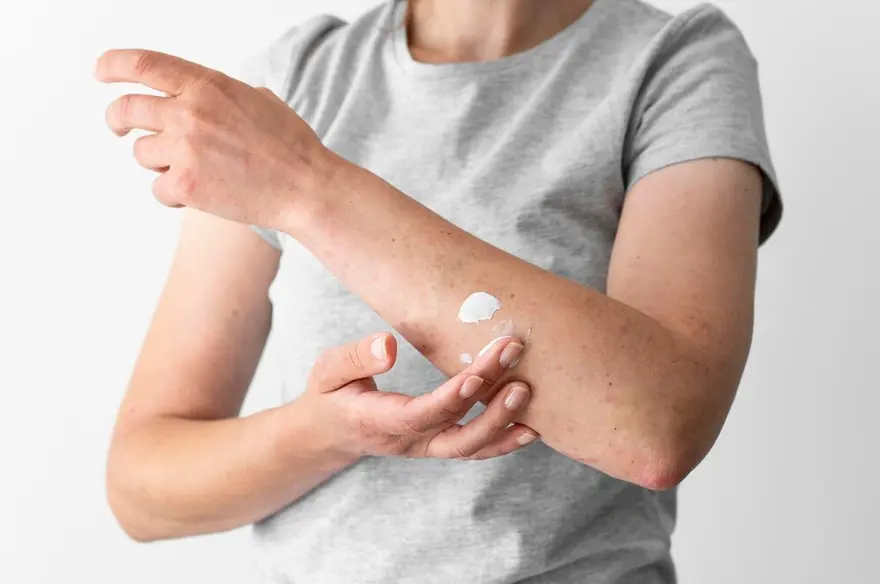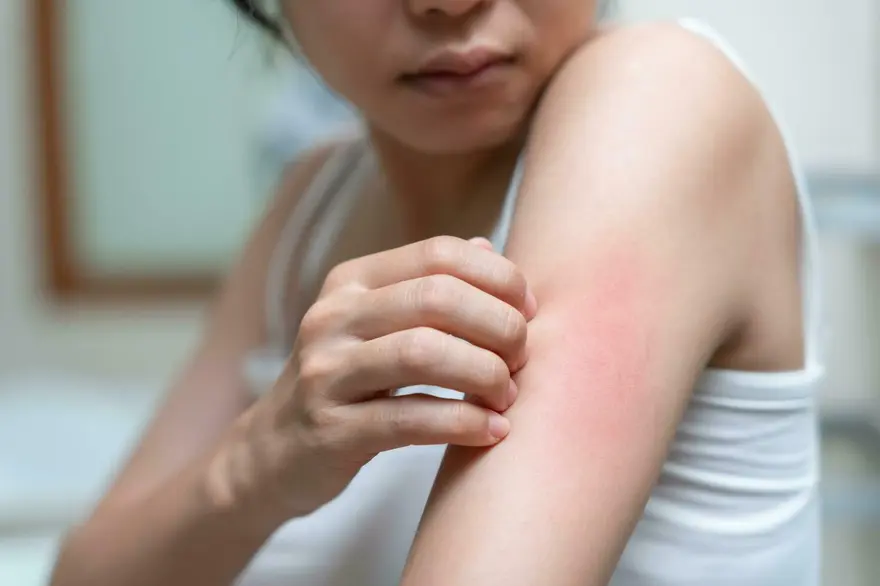Preventive Healthcare
Exploring Fungal Infections: Types, Symptoms, and Effective Treatments
993 Views
0

Fungal infection is any condition or disease that a fungus causes. These diseases can affect the skin, nails, hair or mucus membranes. They can also infect vital organs like the lungs. You will be more prone to fungal infections if you have a weak immune system. Understand how to identify the signs of the different types of fungal infections and what treatment options are available.
What Are Fungal Infections?
A fungus causes mycosis or fungal infections, usually mould or yeast. Fungal infections are commonly found in nails or skin, but some fungi (plural for fungus) may even affect the mouth, lungs, throat, urinary tract or other body parts. This happens because the fungal microbe is too prominent in that area, and your body's immune system cannot defeat it.
Helpful and Harmful Fungi
Like most types of microbes, you will find helpful and harmful fungi. Yeast and mushrooms are two types of helpful fungi that you may have seen in your day-to-day life; mushrooms add a fabulous umami taste to many dishes, and yeast is mainly used to make bread. On the other hand, harmful fungi invade your body and can be challenging to kill. They also can survive in your body for a long time and cause reinfection when the conditions are favourable for its growth.
Symptoms of Fungal Infection
Changes in your skin's appearance and itchiness are two of the most common indications of a viral infection. Changes in the appearance of your skin can include cracking or peeling of the skin, which also adds to the itchiness. The other symptoms of fungal infections depend on the types of fungal infection you may have.
Types of Fungal Infections
Athlete's Foot
Athlete's foot, also known as tinea pedis, is one of the most common fungal infections that affect the foot. It is often associated with sports persons as the fungus mainly grows in moist, warm environments like your shoes and socks, the locker room and other sports equipment. However, this infection can affect anyone and is more prominent in areas that have warmer climates and in the summer months.
Symptoms
The symptoms of this fungal infection can differ from person to person. In individuals with lighter skin tones, the infected site can look red, whereas those that have darker skin tones may experience dark brown patches on their skin. Other symptoms include the following:
- Scaly skin that may peel away
- Discolouration and blisters in the affected area
- Cracking and peeling of skin
- Softness in the infected skin or layers that start breaking down
- Burning, stinging or itching in the infected site
Diagnosis and Treatment
Identifying Athlete's foot can be done by observing a sample of the scaling skin and observing it under a microscope. Different strains of fungi also cause Athlete's foot, which needs different kinds of treatment for fungal infections. Minor infections of the Athlete's foot can be treated with an over-the-counter antifungal ointment, but more severe infections may also require you to take oral medication. In addition, you will also have to keep your feet clean and dry to ensure the fungus is killed.
Yeast Infections
Candida overgrowth caused by Candida albicans is a vaginal yeast infection that disrupts the balance of yeast and bacteria in your vagina due to many factors like poor eating habits, hormone imbalance, stress, antibiotics, etc. Fungal toenail infections and diaper rash are also examples of Candida infections.
Symptoms
- Swelling and itching around the vagina
- Soreness and redness around the vagina
- Pain or burning sensation while urinating or having intercourse
- unusual vaginal discharge like grey clumps or very watery discharge
Diagnosis and Treatment
A doctor will look at your medical history for previous fungal and STIs or ask you about your recent antibiotic intake. They will also observe the infection site and take a small cell sample to make the correct diagnosis. Treatment for yeast infections is prescribed based on their severity. Minor infections are treated with topical creams, suppositories and tablets online, over the counter, and available with a prescription. Severe infections will need you to undergo more complex treatment for fungal infections.
Jock Itch
This is a common fungal infection caused in moist areas in your body. The fungi that cause this infection thrive in damp and warm conditions, which is why it is commonly seen in more warm, humid conditions. It is mildly contagious and can be spread through direct contact with infected individuals.
Symptoms
Jock itch can affect both men and women and can appear as a circular shaped rash. The symptoms include the following:
- Chafing, irritation, burning and itching in the infected area
- Circular-shaped rash with raised edges
- Grey or brown rash near the groyne, thigh or buttocks
- Cracking, dry peeling and flaking of the skin in the infected region
Diagnosis and Treatment
Jock itch has a very peculiar appearance and hence can be diagnosed easily. In most cases, jock itch can be cured with the help of over-the-counter medication. Cleaning the area well and ensuring it is dry can help treat this fungal infection.
Ringworm
Tinea corporis, also known as ringworm, is a skin infection resulting from a fungus that feeds on dead tissue. The fungus is also responsible for other fungal infections such as athlete's foot and jock itch. However, when found in other body areas, it is called ringworm.
Symptoms
Ringworm is easily identifiable because of its shape; the outside of the ring is usually red, grey or brown and may appear raised and bumpy.
Diagnosis and Treatment
Although you can easily identify a ringworm infection, some doctors may require a small skin sample to confirm. The doctor may prescribe an over-the-counter cream to treat this fungal infection, but basic hygiene principles like keeping your skin clean and dry can help heal it and prevent reoccurrence.
In Summary
Fungal infections are relatively common and can easily be treated with over-the-counter and prescription medication. It is best to consult your doctor before opting for home remedies for such rashes.
Getting a diagnostic test done whenever necessary is essential to avoid the severe repercussions of fungal infections. Metropolis Labs provides its customers with at-home diagnostic services for increased convenience.























 WhatsApp
WhatsApp
